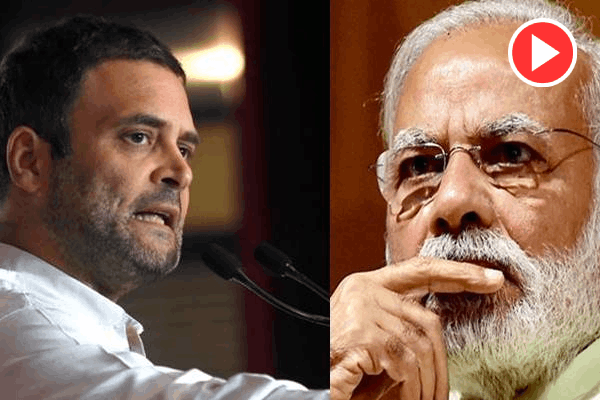
900 million will be voting in the world's biggest democratic contest next month. Here's a primer on Indian general elections 2019:
1) The Indian Parliament, Lok Sabha, has 583 seats, so any party would need a total of 272 seats for victory. In 2018, BJP won 282 seats.
2) Polling begins on April 11 and will continue for six weeks. The votes will be counted in one day on May 23.
3) In 2014, the turnout was 66% percent. There were 8250 candidates and 464 parties. All of these numbers are expected to be higher this year.
4) Much depends on Uttar Pradesh, from where 80 candidates will join the Lok Sabha. In 2014, Modi won 71 seats but this time around, the stakes are pretty high.
5) BJP will be up against the Indian National Congress.
1) The Indian Parliament, Lok Sabha, has 583 seats, so any party would need a total of 272 seats for victory. In 2018, BJP won 282 seats.
2) Polling begins on April 11 and will continue for six weeks. The votes will be counted in one day on May 23.
3) In 2014, the turnout was 66% percent. There were 8250 candidates and 464 parties. All of these numbers are expected to be higher this year.
4) Much depends on Uttar Pradesh, from where 80 candidates will join the Lok Sabha. In 2014, Modi won 71 seats but this time around, the stakes are pretty high.
5) BJP will be up against the Indian National Congress.
